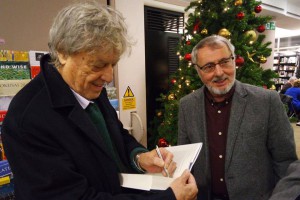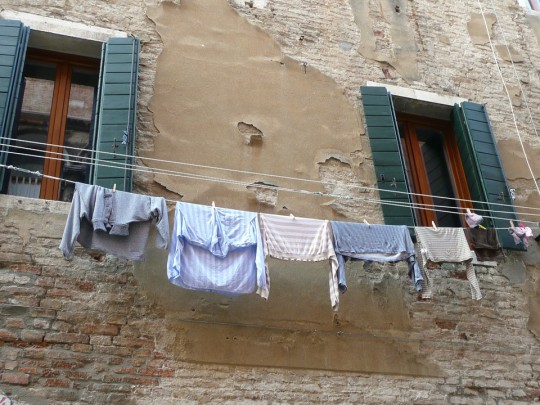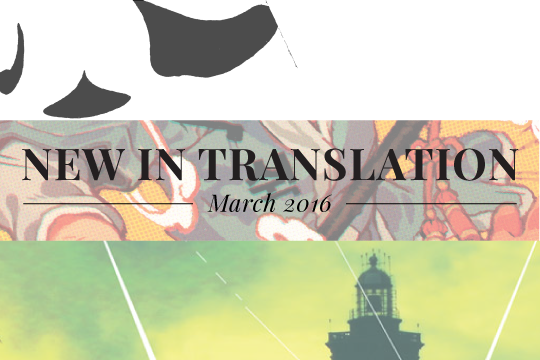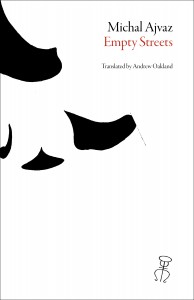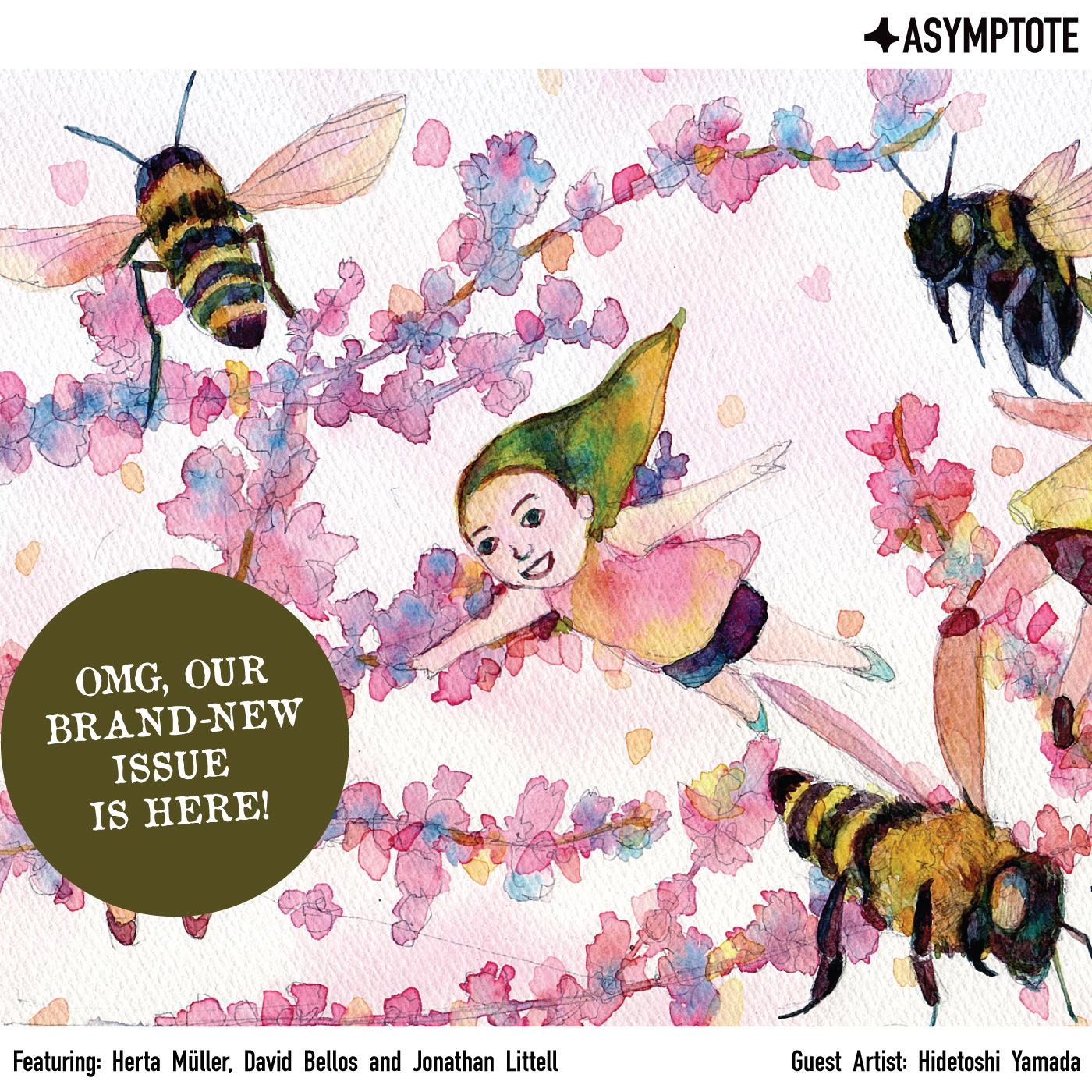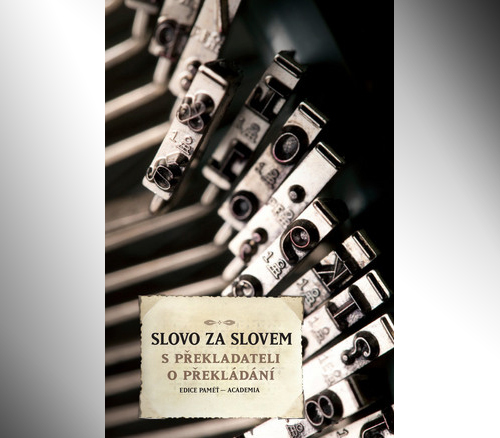This week, we begin our world tour on the Iberian Peninsula in the midst of political unrest—Podcast Editor Layla Benitez-James is on the ground in Spain with the full report. Then south to Morocco: we’ll catch up with Editor-at-Large Jessie Stoolman about the latest book fairs and literary trends. And finally, we’ll wrap up in Slovakia with Editor-at-Large Julia Sherwood, who has the scoop on the latest Slovak poetry available to English readers and more.
Podcast Editor Layla Benitez-James reports from Spain:
Political actions and gestures have been more overtly woven through the Spanish literary scene as writers seek to speak back against increasingly divisive governments. Writers called for remembrance of fifteen people killed in Tarajal on the two year anniversary of their deaths on February 6, 2014; a documentary about the tragedy was made to both inform the public and denounce such instances of institutional racism in the country.
Amidst celebrations of women’s roles in science, Bellver, the cultural journal of the Diario de Mallorca, highlighted three recent anthologies written by women: Poesía soy yo, 20 con 20, and (Tras)lúcidas.
Another recent book has been getting a lot of attention not for its political weight, but because of the strange circumstances under which it’s being published. Michi Panero, who came from a very literary family but died young in 2004 has had his first book, Funerales vikingos, published by Bartelby Editores. La Movida madrileña called him the writer without books, as he had famously shunned the writing life. He wrote in secret, however, and eventually entrusted the work to his stepson, Javier Mendoza, who has finally sought to publish the unedited stories, together with his own work narrating his relationship with Panero. The product is bound to be an interesting read.
Similarly mysterious and posthumously discovered is a recent gift to the Madrid art world: drawings and sketches by the painter Francis Bacon that were previously unascertained. Bacon had also famously declared that he did not sketch or plan in this way, but some nearly 800 drawings were given to Cristiano Lovatelli Ravarino, the journalist and a partner of Bacon’s for some years. The works will be on display in the Círculo de Bellas Artes in Madrid until May 21.


